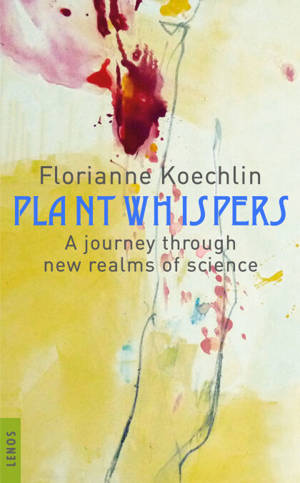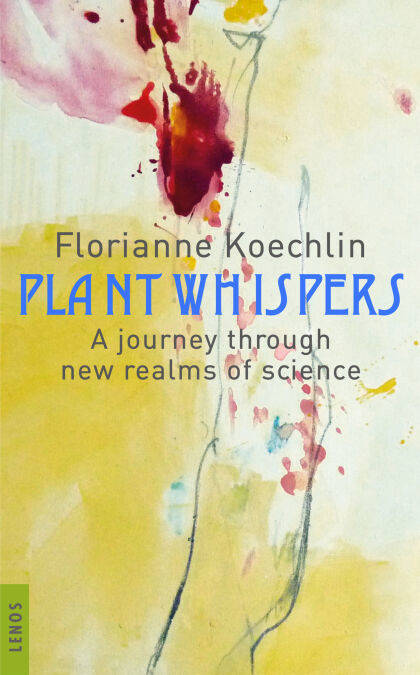
- Afhalen na 1 uur in een winkel met voorraad
- Gratis thuislevering in België vanaf € 30
- Ruim aanbod met 7 miljoen producten
- Afhalen na 1 uur in een winkel met voorraad
- Gratis thuislevering in België vanaf € 30
- Ruim aanbod met 7 miljoen producten
Zoeken
€ 9,99
+ 9 punten
Omschrijving
Plants are not passive, senseless objects. They use the language of fragrances to communicate above and below ground and engage in lively relationships with their environment and peers. Not only do they support relatives, harass strangers, make alliances, they also learn from experience, and remember past events. Some researchers think they are intelligent. And underground they form extensive root and fungal networks to exchange nutrients and information - an Internet of plant communities of unimaginable size.
But what are the consequences of these new insights on plants? What does this mean for agriculture, now facing enormous challenges?
And is it not time to rethink how we relate to plants? The question is if not also plants deserve respect, dignity - and even rights.
But what are the consequences of these new insights on plants? What does this mean for agriculture, now facing enormous challenges?
And is it not time to rethink how we relate to plants? The question is if not also plants deserve respect, dignity - and even rights.
Specificaties
Betrokkenen
- Auteur(s):
- Vertaler(s):
- Uitgeverij:
Inhoud
- Aantal bladzijden:
- 104
- Taal:
- Engels
Eigenschappen
- Productcode (EAN):
- 9783857879395
- Verschijningsdatum:
- 22/10/2015
- Uitvoering:
- E-book
- Beveiligd met:
- Digital watermarking
- Formaat:
- ePub

Alleen bij Standaard Boekhandel
+ 9 punten op je klantenkaart van Standaard Boekhandel
Beoordelingen
We publiceren alleen reviews die voldoen aan de voorwaarden voor reviews. Bekijk onze voorwaarden voor reviews.







